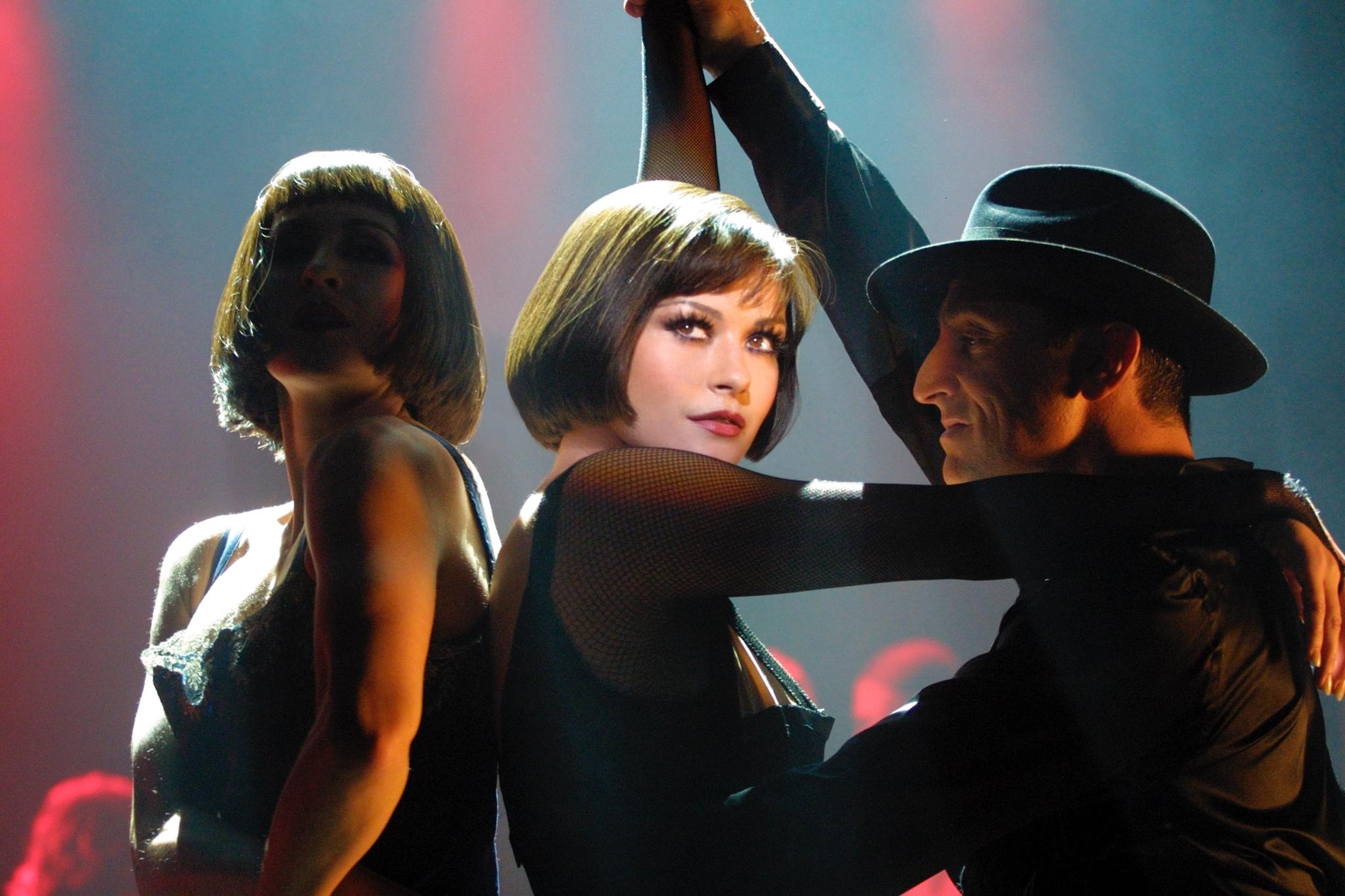by Jorge Molina
During the 85th Academy Awards, there was a somewhat arbitrary musical tribute to three modern musicals in between Seth MacFarlane's sexist monologue and Jennifer Lawrence's fall: Chicago, Dreamgirls, and Les Misérables. Besides being the soundtrack of my college experience, I noticed that all three had one thing in common: they had all won Oscars for their Supporting Actresses.

This threw me into a rabbit hole of IMDb pages, Wikipedia charts, and showtune playlists to look into the historic relation between movie musicals, supporting actresses, and the Academy Awards. If I’d put this much effort into my thesis, I might have graduated in time...
Once upon a time, Oscar was in a passionate love affair with the musical genre. At its peak, between 1958 and 1972, twelve musicals were nominated for Best Picture and five won (Gigi, West Side Story, My Fair Lady, The Sound of Music and Oliver!). But the Academy was also in love with their leading ladies: Barbra Streisand, Liza Minelli, and Julie Andrews (twice) all got nominations for belting out in their respective movies during that time.
The musical was well-respected and beloved by audiences and critics alike. It won awards, money, and hearts; it was embedded in the fabric of American film culture. And the musical actress was a goddess. Few roles got to showcase the talent of a performer more than those which embody emotion through sing and dance.
Then the love for the genre began to dwindle; or others took over (namely grittier and more naturalistic dramas; the reason behind that switch is for another piece). Besides All That Jazz in 1979 and, to a lesser extent, Beauty and the Beast in 1991, there were no musicals nominated for Best Picture until 2001 with Moulin Rouge! Until then, only Julie Andrews (yet again; queen) was nominated for Victor Victoria. Lesley Ann Warren (for that same film), and Amy Irving (for Yentl) had slots in the Supporting Actress category.

With Baz Luhrmann’s pastiche extravaganza in 2001 and, more formally, Chicago’s award mini sweep in 2002, the musical seemed to have somewhat found its way back into the good graces of audiences and Oscar voters. But not completely. It hasn’t come back with full force again (we’ll revisit after February). Maybe it’s more cynical audiences, or a generational loss of appreciation for the genre that holds it in a perpetual state of "comeback" rather than a permanent address in movie theaters.
But as a way of tipping its toe in the musical pond again, the Academy seemed to have found a sweet spot in supporting actresses. Of all the major films nominated for awards since Moulin Rouge!, most have gotten their principal acclaim for those performers.
Only Moulin, Chicago and Les Mis have been Best Picture nominees, but six actresses have garnered supporting nominations for musicals: Catherine Zeta Jones and Queen Latifah for Chicago, Jennifer Hudson for Dreamgirls, Penelope Cruz for Nine, Anne Hathaway for Les Miz, and Meryl Streep for Into the Woods. Three have won (Zeta-Jones, Hudson, and Hathaway; all performers in the proverbial homages in 2012).

Awarding the modern efforts of a genre that used to do so much in years past in the hands of a supporting female seems to have become a bit of a trend. But what is it about these actresses in these films that make them good for such a gesture?
In musicals, a supporting female role tends to be the flashiest; it gets away with enough powerful, emotional, showtopping scenes to be memorable, and still doesn't have to carry the weight of a whole film (see “I Dreamed a Dream,” “And I Am Telling You I’m Not Going” and “I Can’t Do It Alone”). They may appear sporadically, but leave a lasting impression. They get the big notes, and the complicated choreography, and the emotional catharsis, and only have to worry about becoming all-talented, all-powerful beings for four minutes at a time, not two hours. As a point of comparison, no female lead in a musical has won since Liza in 1972.

Maybe it will change with Emma Stone in a couple of months. Maybe then, with La La Land becoming such an endearing hit with both critics and audiences, the Oscars will be ready to move into the leading categories by giving Best Actress to a musical with no supporting roles.
But until the envelope is opened, I am grateful that these women, these girls that quite literally stop the show and make us cry and applaud, are responsible for slowly bringing musicals back into the forefront of popular media. Sorry Velma, but no one can do it alone.